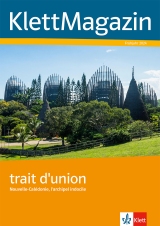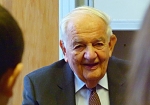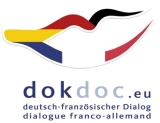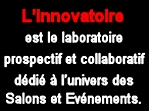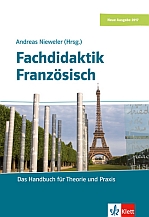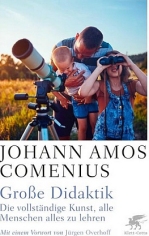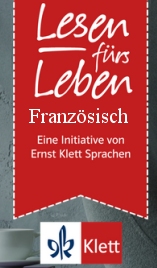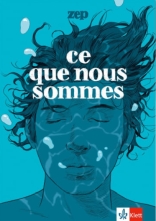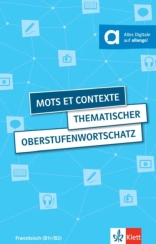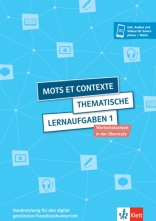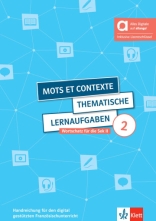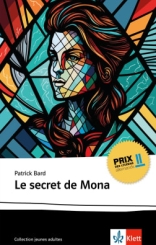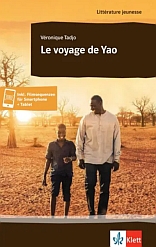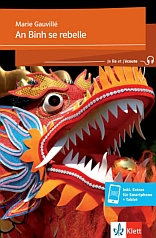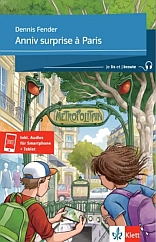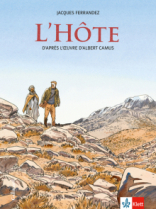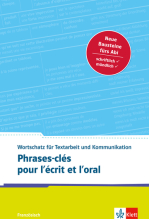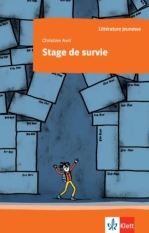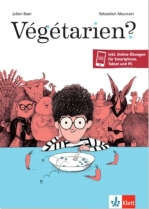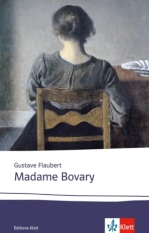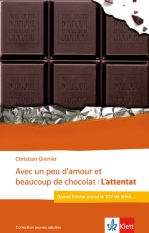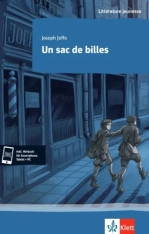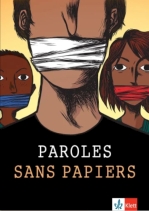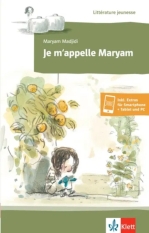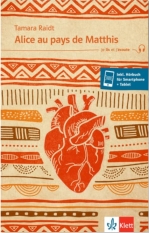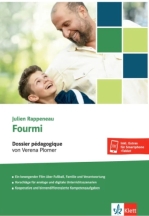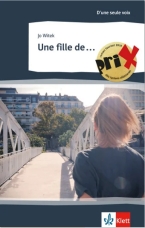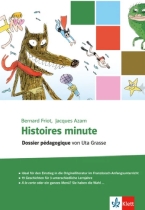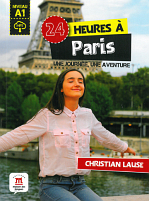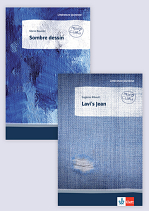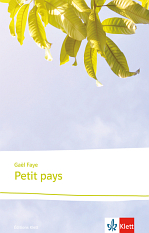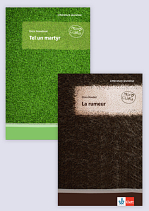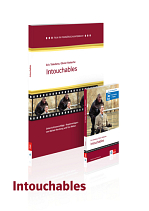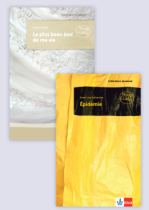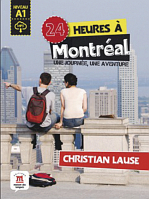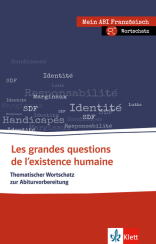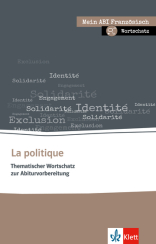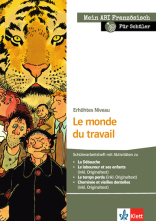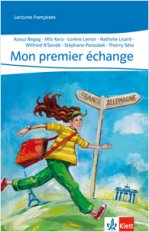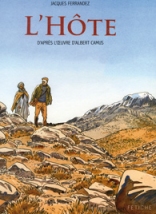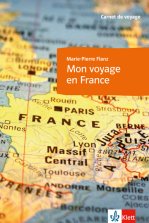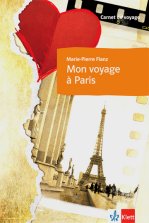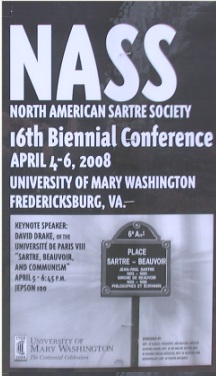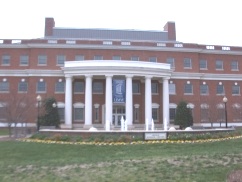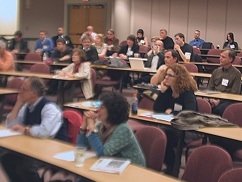

Dans la nouvelle rubrique du MONDE
Retrolecture, Jean-Michel Dumay, publie aujourd’hui un article sur
L’Homme révolté, d’Albert Camus (1951). >
Commentaire
La relecture proposée par Jean-Michel Dumay rappelle l’effet du livre : „A peine le livre sorti, la critique alimente la houle. L’essai est louangé ou stigmatisé.“ En effet, la rupture avec son ami Sartre est une des conséquences de ce livre.
Dumay résume en quelques mots la „condamnation des révolutions et des idéologies absolues“ qui veulent suggérer de pouvoir amener la liberté. Camus refuse de „séparer la révolte métaphysique de l’homme contre sa condition … du chapelet de révoltes historiques que comptent les siècles, notamment les XIXe et XXe“. Ce que Camus critique avant tout et sans merci, c’est le dérapage des mouvements de libération en oppression. Et il se prend au nihilisme, source de tout totalitarismes, fascisme et marxisme inclus. Il veut réhabiliter non la révolution mais la révolte et Dumay cite une phrase-clé de L’Homme révolté : „Qu’est-ce qu’un homme révolté ? C’est un homme qui dit non. Mais s’il refuse, il ne renonce pas : c’est aussi un homme qui dit oui, dès son premier mouvement.“
Dumay est convaincu que le livre de > Camus n’est pas dépassé. Et il cite Ronald Aronson et Denis Carbit qui ont aussi, face aux guerres d’aujourd’hui, rappelé l’œuvre de Camus.
Il est vrai Jean-Michel Dumay, a bien rendu l’idée essentielle de L’homme révolté, c’est-à-dire le refus de toute révolte qui oublie ses valeurs qui l’ont fondée. Or, Dumay, comme beaucoup d’autres auteurs qui commentent L’homme révolté supprime dans son article toute allusion à l’art et aux artistes. C’est le chapitre „L’art et la révolte“ de L’homme révolté qui révèle la conséquence de Camus qui affirme, à la fin de son essai sur la révolte, la place éminente de l’art. Camus écrit „L’artiste refait le monde à son compte,“ et c’est l’artiste qui donne une forme au monde qui lui manque. Il est vrai qu’on connait toujours mal la fin du Mythe de Sisyphe et aussi mal la fin de L’Homme révolté où Camus développe son esthétique fondée sur la liberté. Il s’agit de l’autonomie de l’art qui pour Camus est la plus haute expression de la révolte. Il est donc permis de s’étonner qu’on a toujours encore tendance de réduire la pensée de Camus à l’absurde au lieu de noter l’importance de sa conception esthétique qui donne une position si importante à l’artiste. Et on continue lire des articles sur L’Homme révolté sans y tenir compte de ses remarques sur son esthétique. Il suffit d’ouvrir les derniers chapitres de ce livre pour y trouver que c’est l’art qui suggère des jugements de valeurs – aussi pour la révolte. Certes, Dumay nomme quelques artistes dont Camus parle, mais il passe sous silence que Camus comme dans son chapitre „Création et révolution“ explique que c’est l’art qui fournit le fondement de la révolte. La remarque de Dumay que c’est à partir de 1943, que Camus donne avec „la révolte, dont le mouvement est tout entier entraîné par l’absurde“ serait, une réponse à l’absurde, n’est pas suffisante. Il s’agit bien de l’art et de la révolte qui constituent ensemble la réponse face à l’absurde.
Aesthetics in Sartre and Camus. The Challenge of Freedom, traduit par Catherine Atkinson, Reihe Dialoghi/dialogues. Literatur und Kultur Italiens und Frankreichs, ed. by Dirk Hoeges, vol. 12, Peter Lang Verlag, Frankfurt, Berlin, Bern u.a., i. Vb.
Albert Camus. Kunst und Moral. Reihe Dialoghi/Dialogues. Literatur und Kultur Italiens und Frankreichs. Hrsg. Dirk Hoeges, > Verlag Peter Lang, Frankfurt/M u.a. 2002.
> www.romanistik.info/camus.html
In der neuen Rubrik
Retrolecture von LE MONDE veröffentlicht Jean-Michel Dumay heute einen Artikel >
L’Homme révolté, von Albert Camus (1951). >
Kommentar
Mit der erneuten Lektüre, die Jean-Michel Dumay vorschlägt, erinnert er an unmittelbare Wirkung des Buches: „Kaum war das Buch erschienen, hat die Kritik hohe Wellen geschlagen. Der Essai wird gelobt oder verteufelt.“ Tatsächlich kommt es nach einem Briefwechsel zwischen Camus und Sartre anläßlich dieses Buches zum Bruch ihrer Freundschaft.
Dumay resümiert mit einigen Worten Camus‘ „Verurteilung der Revolutionen und der absoluten Ideologien“, die die Schaffung der Freiheit suggerieren wollen. Camus will „die metaphysische Revolte des Menschen gegen seine Lage… nicht von den historischen Revolten vor allem im 19. und 20. Jahrhundert trennen.“ Das was Camus vor allem und prinzipiell kritisiert ist das Abgleiten der Befreiungsbewegungen in die Unterdrückung. Und er nimmt sich vor allem den Nihilismus vor, Quell des Faschismus wie des Marxismus zusammen. Er will nicht die Revolution rehabilitieren, sondern die Revolte, und Dumay zitiert einen Schlüsselsatz aus L’Homme révolté: „Was ist ein Mensch in der Revolte? Das ist ein Mensch, der Nein sagt. Wenn er aber etwas verweigert, dann verzichtet er nicht: Das ist ein Mensch, der von seiner ersten Bewegung an ja sagt.“
Dumay glaubt, dass das Buch von > Camus nicht überholt sei. Und er zitiert Ronald Aronson und Denis Carbit die angesichts der heutigen Kriege an das Werk von Camus erinnert haben.
Es ist wahr, dass Jean-Michel Dumay die wesentlichen gedanken von L’homme révolté, mit der Verweigerung jeder Revolte, die ihre Werte aufgibt, richtig wiedergibt. Aber Dumay wie viele andere Autoren, die L’homme révolté kommentieren, übergeht in seinem Artikel jeden Hinweis auf die Kunst und die Künstler. Besonders im Kapitel „Die Kunst und die Revolte“ in L’homme révolté zeigt wie konsequent Camus am Ende seines Essais auf dei Revolte und auf die besondere Bedeutung der Kunst hinweist. Camus schreibt, „Der Künstler schafft die Welt auf eigene Rechung neu.“ Es ist also der Künstler, der der Welt die Form gibt, die ihr fehlt. Es stimmt, man hat das Ende von Le Mythe de Sisyphe und auch as Ende von L’Homme révolté, wo Camus seine auf der Freiheit gegründete Ästhetik erläutert, nie richtig gelesen. Es geht um die Autonomie der Kunst, die für Camus der höchste Ausdruck der Revolte ist. Man darf also durchaus erstaunt sein, dass es heute immer noch die Versuchung gibt, Camus‘ Denken auf das Absurde zu reduzieren, ohne die besondere Bedeutung seiner Ästhetik darzulegen, die dem Künstler eine so besondere Stellung verleiht. Und man liest immer noch L’Homme révolté, ohne seinen Bemerkungen über die Ästhetik den ihren gebührenden Stellenwert zu verleihen. Es genügt, die letzten Kapitel dieses Buches zu lesen, um zu verstehen, dass es die Kunst ist, die – auch der Revolte – Wertmaßstäbe verleiht. Dumay nennt einige Künstler, die Camus erwähnt, aber er übergeht das Kapitel „Schöpfung und Revolution“ mit Schweigen, das ausdrücklich darlegt, das die Kunst die Revolte begründet. Die Bemerkung von Dumay, Camus habe ab 1943, mit der „Revolte, deren Bewegung ganz und gar durch das Absurde ausgelöst werde“ eine Antwort auf das Absurde gegeben, ist nicht ausreichend. Es handelt sich um die Kunst und die Revolte, die zusammen eine Antwort auf das Absurde geben.
Heiner Wittmann, Aesthetics in Sartre and Camus. The Challenge of Freedom, translated by Catherine Atkinson, in: Dialoghi/dialogues. Literatur und Kultur Italiens und Frankreichs, ed. by Dirk Hoeges, vol. 12, Peter Lang Verlag, Frankfurt, Berlin, Bern u.a., i. Vb.
Id., Albert Camus. Kunst und Moral. Reihe Dialoghi/Dialogues. Literatur und Kultur Italiens und Frankreichs. Hrsg. Dirk Hoeges, > Verlag Peter Lang, Frankfurt/M u.a. 2002.
Id. > Vortrag und Workshop über Albert Camus, L’étranger am 13. und 14. Oktrober 2008 in Stuttgart.
> www.romanistik.info/camus.html
